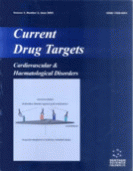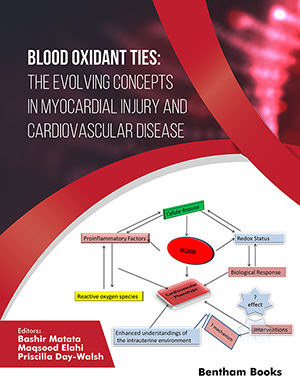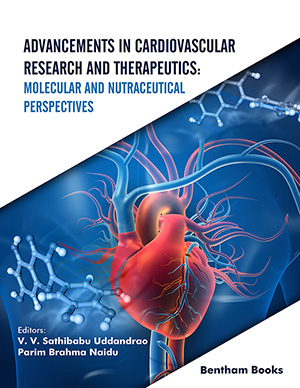Abstract
Atrial fibrillation is the most common clinical arrhythmia and with an ageing population, it is an increasing cause of hospital admissions, morbidity and mortality. The most feared complication of atrial fibrillation is stroke. A number of studies have demonstrated that warfarin is at least moderately effective at reducing thromboembolic risk in stroke yet its use in both the community and in secondary care is suboptimal. Concerns about drug interactions, frequent blood monitoring and the risks of over and under coagulation have led to under prescription. Direct thrombin inhibitors are under investigation as an alternative to warfarin for thromboembolic prophylaxis in atrial fibrillation. Two large studies (SPORTIF III and SPORTIF V) have recently been published examining the effectiveness of the direct thrombin inhibitor ximelagatran at reducing thromboembolic risk. Ximelagatran was shown to be non-inferior to warfarin for the prevention of thromboembolic complications. Concerns however have arisen about long-term safety, particularly the possible effects on hepatic function. This review examines the data and discusses whether the introduction of these drugs could result in the end of the anticoagulation clinic for patients with atrial fibrillation.
Keywords: atrial fibrillation, thromboembolism, warfarin, direct thrombin inhibitors, ximelagatran
 1
1













